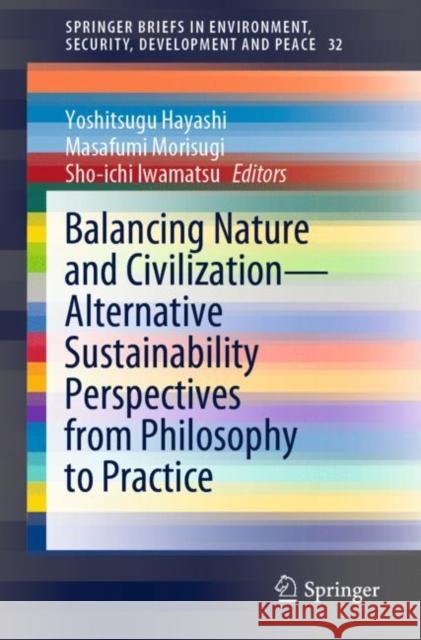Balancing Nature and Civilization - Alternative Sustainability Perspectives from Philosophy to Practice » książka
topmenu
Balancing Nature and Civilization - Alternative Sustainability Perspectives from Philosophy to Practice
ISBN-13: 9783030390587 / Angielski / Miękka / 2020 / 119 str.
Balancing Nature and Civilization - Alternative Sustainability Perspectives from Philosophy to Practice
ISBN-13: 9783030390587 / Angielski / Miękka / 2020 / 119 str.
cena 201,72
(netto: 192,11 VAT: 5%)
Najniższa cena z 30 dni: 192,74
(netto: 192,11 VAT: 5%)
Najniższa cena z 30 dni: 192,74
Termin realizacji zamówienia:
ok. 16-18 dni roboczych.
ok. 16-18 dni roboczych.
Darmowa dostawa!
Kategorie:
Kategorie BISAC:
Wydawca:
Springer
Seria wydawnicza:
Język:
Angielski
ISBN-13:
9783030390587
Rok wydania:
2020
Wydanie:
2020
Numer serii:
000450963
Ilość stron:
119
Waga:
0.20 kg
Wymiary:
23.39 x 15.6 x 0.74
Oprawa:
Miękka
Wolumenów:
01
Dodatkowe informacje:
Wydanie ilustrowane











